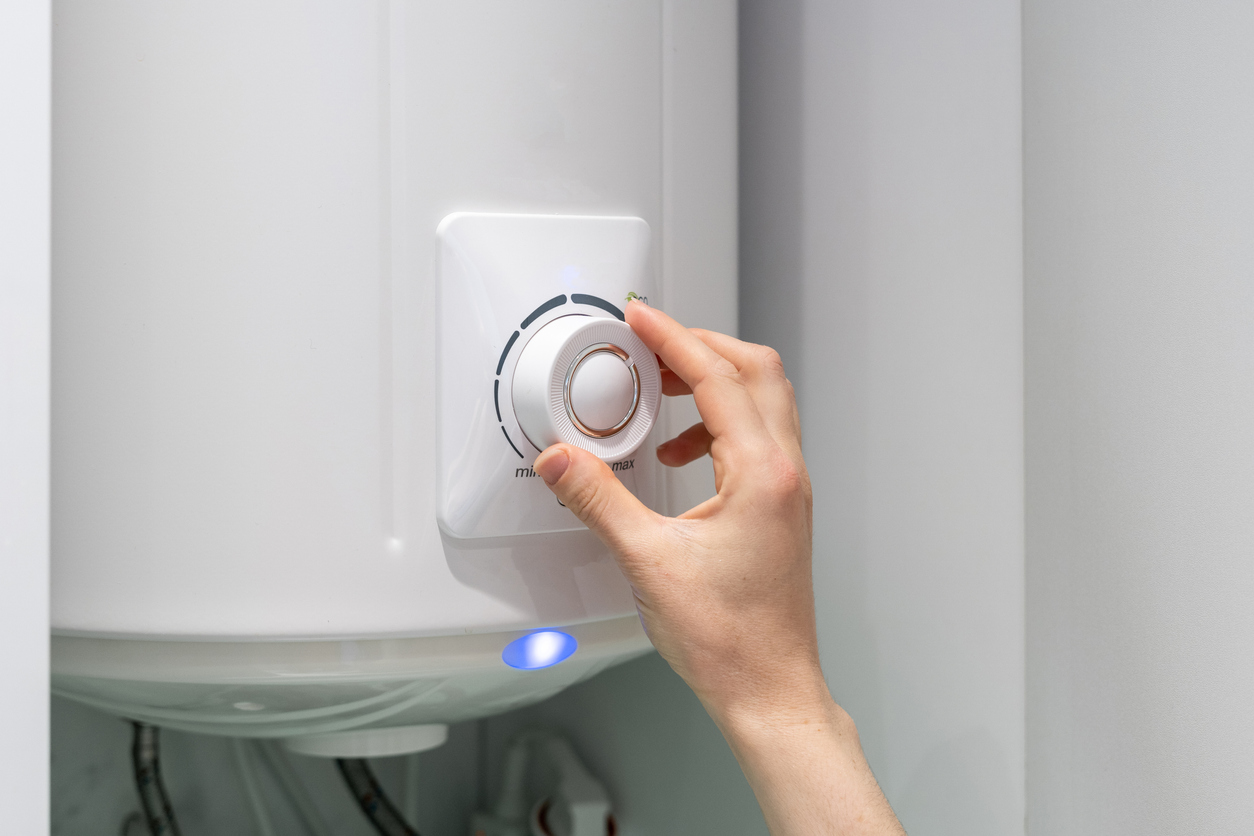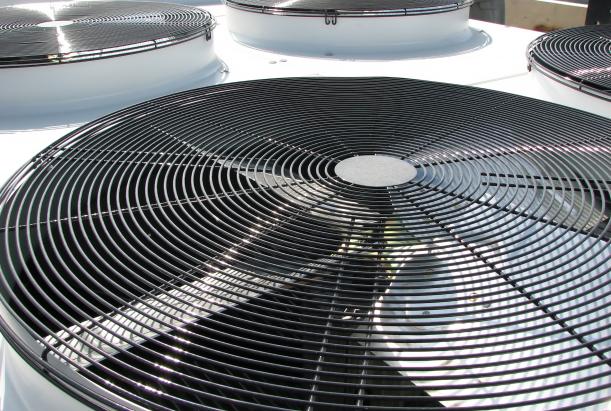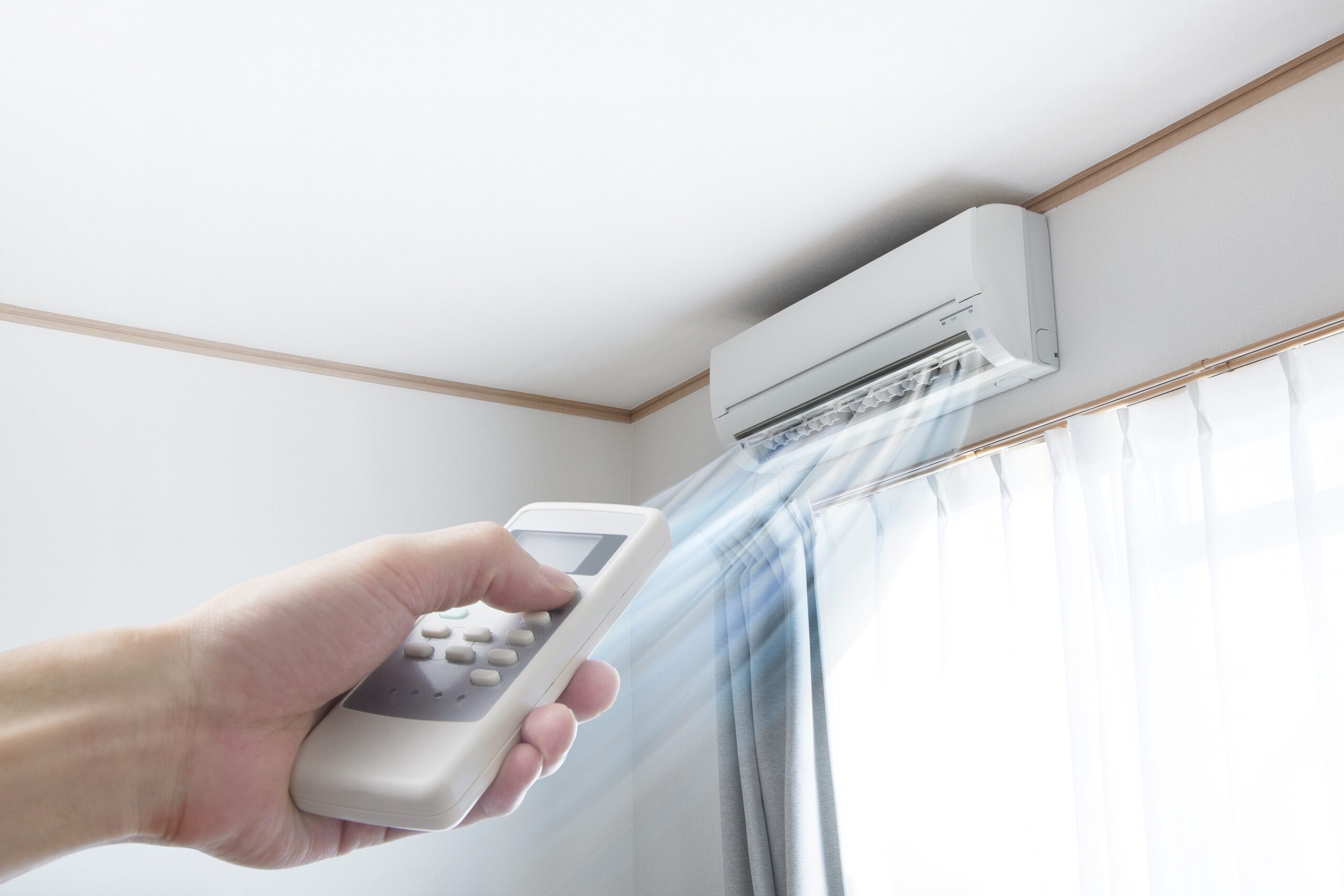Boiler Pressure Guide for Illinois Homeowners

If you’re new to boilers, they can be intimidating as they tend to have more controls than your average heating system. One of the most significant differences is a boiler’s pressure gauge. If you understand what pressure your boiler needs to run optimally, you can identify potential problems and hazards. Below is our quick boiler pressure guide to help you do just that.
For reliable boiler services in St. Charles, IL, and the surrounding areas, trust the professionals at Blue Frost Heating & Cooling. Call (630) 444-0860 today.
Importance of Ideal Boiler Pressure
If your boiler pressure is too high or too low, it won’t run as it should and may even shut down. Maintaining the proper boiler pressure ensures your system runs properly and safely for reliable heating throughout your home. Your system’s optimal pressure should be listed in your owners’ manual, but most boilers have similar requirements with a cold pressure of about 12 psi (pounds per square inch). If you have a two or three-story home, your boiler’s psi may run higher at 15 psi and 18 psi, respectively.
Changing Boiler Pressure Ranges
When your boiler is ready to heat, the heating element will turn on, and the pressure will rise, usually to about 20 psi. Other changes in pressure can result from atmospheric changes and still be considered normal. Generally, boilers can handle pressure up to about 30 psi without damage or injury.
Checking Your Boiler’s Pressure
Fortunately, checking your boiler’s pressure is a simple task. The pressure gauge should be easily visible and accessible with different-colored zones. If the pressure needle is outside the green zone, especially on the higher size, there’s a problem that needs to be addressed. Everything should be fine if your boiler stays between 12 and 30 psi. However, if it’s constantly on the high end, it’s worth having the boiler inspected by a professional to ensure it doesn’t need a repair.
What Happens If the Pressure is Too Low?
If your boiler’s pressure is too low, it won’t reach the temperature it needs to heat your home. Common causes of low pressure are water leaks and bleeding in your radiator. If you have low pressure, you’ll need to repressurize your boiler by turning the system off and then using the boiler’s filling loop to add water until the appropriate cooling pressure is reached. A professional like those at Blue Frost Heating & Cooling can also repressurize your system if you’re unfamiliar with the task.
What Happens if the Pressure is Too High?
High pressure in a boiler is usually caused by overfilling it. In older boilers, pressure that surpasses 30 psi could lead to your boiler leaking or releasing steam unexpectedly. Modern systems are designed to shut down or safely release steam using built-in pressure release valves. They will typically also trip your breaker to cut power to the boiler. If this happens, it’s best to let a professional evaluate the system to determine why the pressure got too high and ensure it’s safely reduced.
Contact A Blue Frost Boiler Professional
The highly trained technicians at Blue Frost Heating & Cooling is well equipped to deal with various boiler issues, including low- and high-pressure scenarios. We provide exceptional customer services throughout West Chicago and offer heating system repairs, replacements, and maintenance to keep your home warm all winter.
Request Service

Our Process
Get to know our quick installation process of a device tailored to your needs
- In-Home Consultation
- Free In-Home Estimate Provided
- Timely Installation Scheduled
- Quality Installation Performed
- Enjoy Your Enhancement



